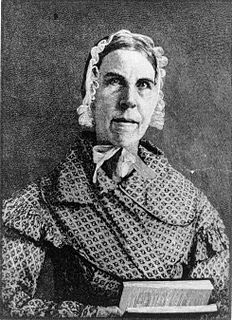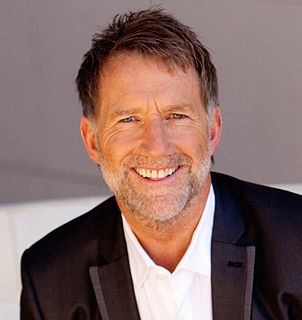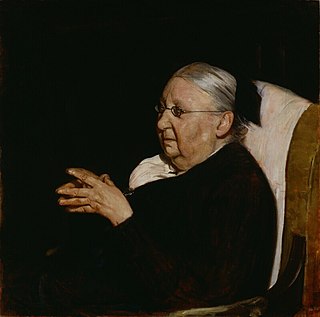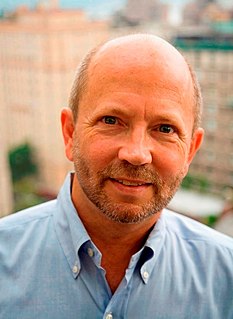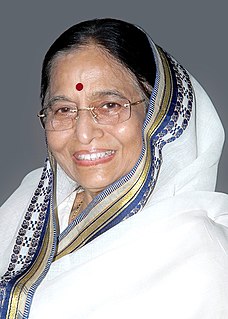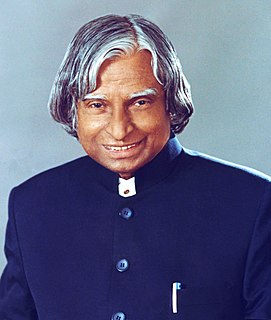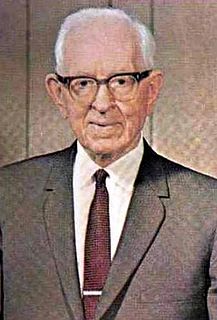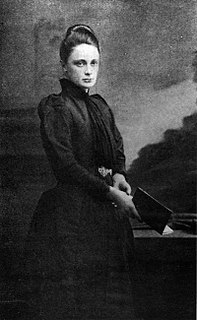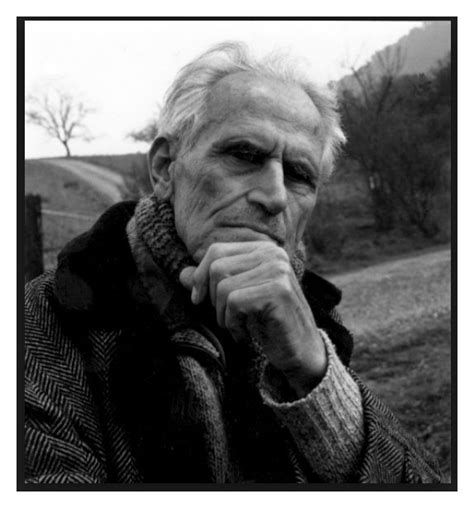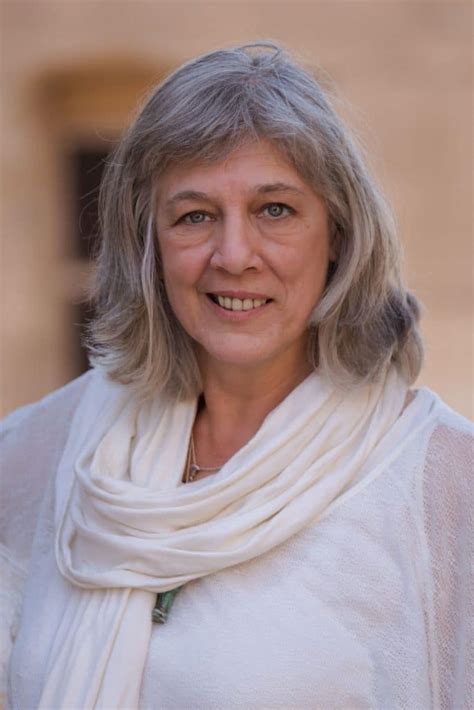Top 1200 Limited Knowledge Quotes & Sayings - Page 16
Explore popular Limited Knowledge quotes.
Last updated on December 11, 2024.
The main object of the work was to present such a survey of the advances already made in physical knowledge, and of the mode in which they have been made, as might serve as a real and firm basis for our speculations concerning the progress of human knowledge, and the processes by which sciences are formed.
In the case of some people, not even if we had the most accurate scientific knowledge, would it be easy to persuade them were we to address them through the medium of that knowledge; for a scientific discourse, it is the privilege of education to appreciate, and it is impossible that this should extend to the multitude.
Equations seem like treasures, spotted in the rough by some discerning individual, plucked and examined, placed in the grand storehouse of knowledge, passed on from generation to generation. This is so convenient a way to present scientific discovery, and so useful for textbooks, that it can be called the treasure-hunt picture of knowledge.
With the stand-up comic on TV, whether it's Seinfeld or Cosby or Roseanne, more important than their knowledge of how to tell a joke is their knowledge of themselves, or the persona they've created as themselves. So that when you're in a room with writers, you can say, 'Guys, that's a funny line, but I wouldn't say it.'
Acquisition of knowledge is not the end, but the means to the end; the end consists in the attainment, thanks to this knowledge of the higher worlds, of greater and truer self-confidence, a higher degree of courage, and a magnanimity and perseverance such as cannot, as a rule, be acquired in the lower world.
It seems plain and self-evident, yet it needs to be said: the isolated knowledge obtained by a group of specialists in a narrow field has in itself no value whatsoever, but only in its synthesis with all the rest of knowledge and only inasmuch as it really contributes in this synthesis toward answering the demand, "Who are we?"
I would rather instill in my amateur students love, than knowledge, of music. Left with only knowledge, they will at the end close their books and consign the course to forgetfulness. But if they have learned to love but the smallest part of the art, they are likely to pursue some phase of it the rest of their lives.
For some students, especially in the sciences, the knowledge gained in college may be directly relevant to graduate study. For almost all students, a liberal arts education works in subtle ways to create a web of knowledge that will illumine problems and enlighten judgment on innumerable occasions in later life.
A modern theory of knowledge which takes account of the relational as distinct from the merely relative character of all historical knowledge must start with the assumption that there are spheres of thought in which it is impossible to conceive of absolute truth existing independently of the values and position of the subject and unrelated to the social context.
I hold all knowledge that is concerned with things that actually exist - all that is commonly called Science - to be of very slight value compared to the knowledge which, like philosophy and mathematics, is concerned with ideal and eternal objects, and is freed from this miserable world which God has made.
The Socratic maxim that the recognition of our ignorance is the beginning of wisdom has profound significance for our understanding of society. Most of the advantages of social life, especially in the more advanced forms that we call "civilization" rest on the fact that the individual benefits from more knowledge than he is aware of. It might be said that civilization begins when the individual in the pursuit of his ends can make use of more knowledge than he has himself acquired and when he can transcend the boundaries of his ignorance by profiting from knowledge he does not himself possess.
I think a play can do almost anything, because it's also a static form, much more so than in a movie. In a movie you can move the scenery, you can do anything any way. A cartoon, happens in a limited amount of space and a limited amount of time, and you can only get so many words before the reader's gonna get impatient. All of these forms that I enjoy are in a sense a slight of hand, where you have to suggest much more than you really show. You have to, in a sense, seduce the reader and trick the reader or the audience into going with you.
'Truly, truly, I tell you, if you ask anything of the Father in My Name, He will give it to you. Till now you have asked nothing in My Name; ask and you will receive, that your joy may be full' (Jn. 16:23). What a wonderful gift! It is a guarantee of unending, infinite blessings! It came from the lips of the unlimited God, clothed in limited humanity and called by the human name of Savior. The name by its exterior form is limited, but it represents an unlimited object, God, from Whom it borrows infinite, divine value or worth, the power and properties of God.


